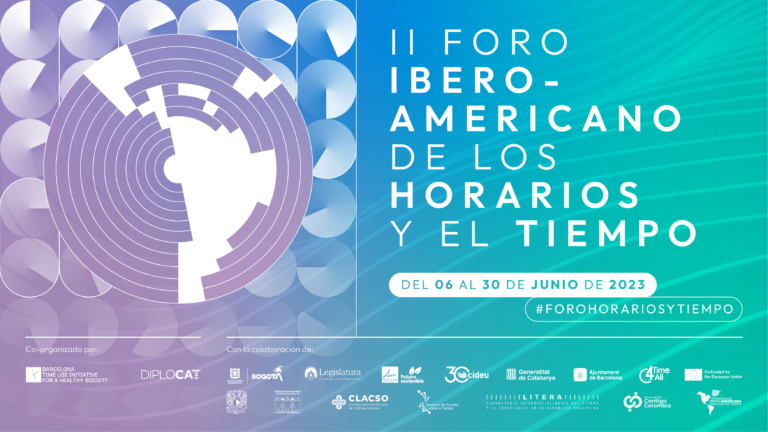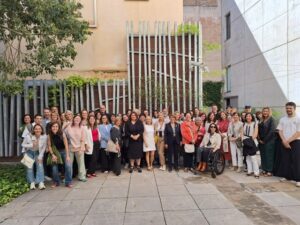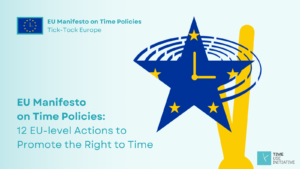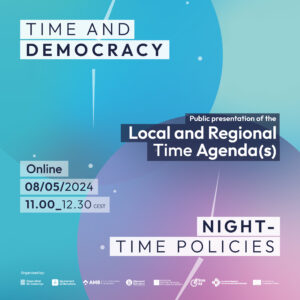After a successful I Semana de los Horarios y el Tiempo (1st Ibero-American Time and Schedules Week), the II Foro Iberoamericano de los Horarios y el Tiempo (2nd Ibero-American Forum) has been launched, happening from the 6th to 30th June 2023.
Its objective is to discuss and move forward on how the right to time can be conceptualised and included in Latin America’s socio-economic and political agenda and counts with the participation of public institutions, the academia, and civil society. In addition to virtual events, this edition will have face-to-face events in Argentina, Colombia, and Mexico.
Exchange between Latin American and European municipalities on time organisation
Every Tuesday in June there will be a virtual event that will deepen in on the right to time. Among them, there will be an event available in English:
- 20th June, The right to time, key for urban resilience, with the participation of Esteban León, Leader of UN-Habitat Urban Resilience Global Programme; Carlos Moreno. Scientific Director of the Chair ”Entrepreneurship, Territory, Innovation” at the Sorbonne University-IAE Paris; Diana Parra, from Bogotá City Council, Natalia Fidel, from the Legislative Chamber of Buenos Aires; Sonia Ruiz, from the Barcelona City Council; and Sylvia Profanter, from the Municipality of Bolzano, World Capital of Time Policies 2023.
On 6th, 13th, and 27th June there will be other events analysing how to overcome time poverty with the right to time; what the link is between the right to time, rest, and public health; and time for carers. Among other institutions, those events will count with the participation of the UNDP, UN Women, CEPAL, or CLACSO.
Face-to-face and hybrid events in order to adapt the right to time in each country
Throughout the month, there will be face-to-face and hybrid events co-organized with Latin American organisations, only available in Spanish.
The 2nd Ibero-American Time and Schedules Forum is co-organised by the main organisation promoting public time policies, BTUI, and DIPLOCAT. It counts with the collaboration of the Bogotá City Council, the Metropolitan Area of the Aburrá Valley, the Ibero-American Association of Time Banks, the Barcelona City Council, the Autonomous University of Mexico, the Ibero-American Centre for Strategic Urban Development (CIDEU), Contigo Colombia, the Catalan Government, the Legislative Chamber of Buenos Aires, and the Local and Regional Governments TIME Network. It counts with the financial support of the European Commission, as part of the Time4All project.








